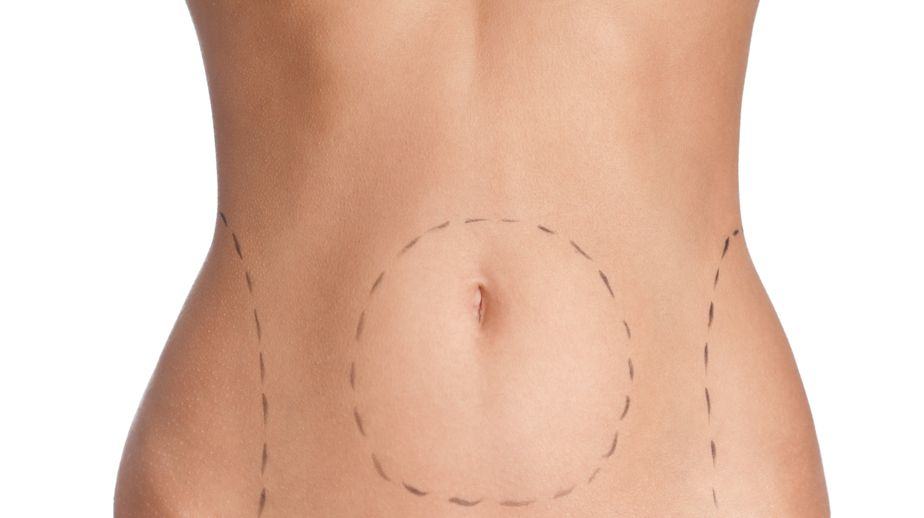Liposuction has gotten a bad reputation from movies and popular media, often being seen as a substitute for hard work and healthy choices. This image couldn’t be further from the truth.
Liposuction, also called lipoplasty or just lipo, removes fat from specific areas, improving the contours of your body. Much like an artist’s paintbrush, this minimally invasive procedure sculpts your body with liposuction. Surgeons are able to create a more defined shape of the thigh or remove excess fat near a tummy tuck.
Liposuction Offers Additional Options for Self-Care
In case you didn’t know — you’re already beautiful. That said, having a little control of how you look and feel can be highly empowering. Lipo procedures are designed to be minimally invasive methods of shaping and contouring those trouble areas that are difficult to address by other methods.
Doing nice things for your body is an important aspect of self-care, and self-care is important for your overall health. Self-care has been shown to help improve mental health by improving self-esteem. Improvements to your body often encourage people to become more active, leading to healthier lifestyle changes.
And don’t forget the effect on people around you! Self-care helps you to reflect a happiness in the “skin you are in,” leading a positive example for your friends and family.
Liposuction is Not a Weight Loss Solution
While liposuction does remove fat from your body, consider it more of a spot fix than an overall weight loss solution. Significant weight loss is best achieved through diet, exercise, and in more extreme cases a bariatric surgical procedure.
Bariatric surgery works by reducing the amount of food your stomach can hold, essentially limiting your intake and forcing you to eat less. Liposuction does not affect your digestion or your food consumption.
 While both procedures can have effects on your overall body weight, bariatric surgery is designed for weight loss and will have lasting side effects post-surgery. Liposuction address specific body areas, often those not corrected after surgery like a facelift or skin removal, and has minimal side-effects post-procedure.
While both procedures can have effects on your overall body weight, bariatric surgery is designed for weight loss and will have lasting side effects post-surgery. Liposuction address specific body areas, often those not corrected after surgery like a facelift or skin removal, and has minimal side-effects post-procedure.
Even Minimally Invasive Procedures Have Some Downtime
It’s true that liposuction is an outpatient procedure. Barring any complications, you should be able to leave the clinic and go home that same day. Remember, though, that just because you aren’t admitted to the hospital, doesn’t mean you can resume full activity that same day.
Hollywood can make it look like a person can get liposuction in the afternoon, then go dancing that same evening. In reality, you will need to take a couple days off of work and heavy physical activity. You will also have bruising, swelling, and soreness for a few weeks.
Fortunately, once this area heals up, you are unlikely to need the procedure repeated. Once the fat is removed from an area — it’s gone. These fat cells won’t “regrow” and you are less likely to regain fat in the same area. Since liposuction does not affect diet or calorie intake, however, it will not prevent you from gaining additional fat on your body.
Use that newly sculpted midsection to take advantage of local beaches or pools, possibly join some yoga in the park. Flaunt your newfound self-confidence to begin and maintain a healthy happy lifestyle.
Choosing a Plastic Surgeon for Liposuction
The next step is choosing the right plastic surgeon. Choose a doctor that is accredited by the American Society of Plastic Surgeons. This accreditation means your doctor will have proven they have the skills and reputation to represent this group.
Talk to any potential doctor too. You should feel at ease with the options and bedside manner of any surgeon before undergoing a procedure. Make sure you choose someone who will answer all of your questions and offers timely follow-ups.
Liposuction can be a wonderful method of self care, as long as you understand how it all works. Get ready to enjoy the new you.
Recent Posts
- Castor Oil For Better Hair Growth: Is It Myth Or Fact?
- Exploring the Differences Between Sermorelin, Ipamorelin, Ibutamoren, GHRP2, and GHRP6: Understanding Their Role in Human Growth Hormone Regulation
- Unraveling the Mystery: Understanding the Causes and Prognosis of Ventricular Tachycardia Without Apparent Heart Disease
- Understanding Grandparents’ Rights in Oklahoma: Navigating Visitation and Legal Protections
- 10 Reasons to Consider Hypnotherapy for Your Health

